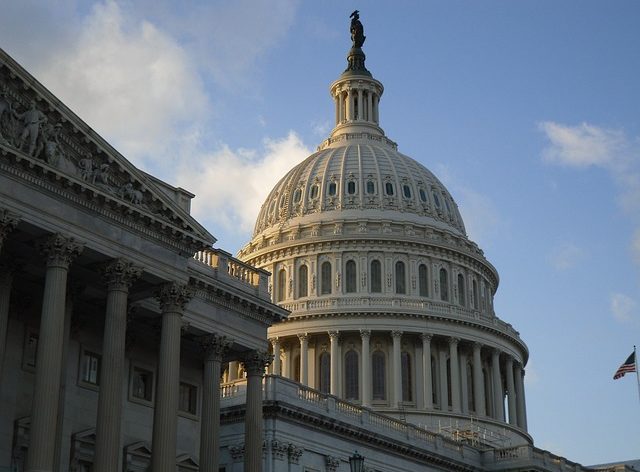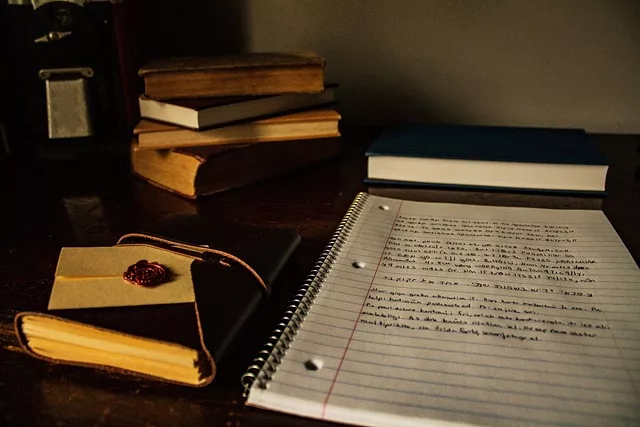90/10 Law Modified to End For-Profit College Loophole

Not all for-profit colleges are scammy or prey upon veterans. But enough of them have abused the VA GI Bill education benefits system that Congress has moved to close a loophole that “incentivized” for-profit schools to target vets as potential students.
The loophole was found in something known as the 90/10 rule which basically requires for-profit schools approved to participate in the GI Bill program to receive at least 10% of their funding from non-federal sources. But that rule included a problematic loophole that certain for-profit colleges exploited to the full.
A Serious Issue with the 90/10 Rule
The problem? That 10% of “non-federal revenue” in the past included any funds the college got from the GI Bill program. If that makes zero sense to you, you are not alone. A federal law requiring a school to get 10% non-federal money which also allows federal money to be included in that 10% is indeed as confusing as it seems.
Some believe that loophole created an environment ripe for fraud and misrepresentation toward the goal of getting as many GI Bill enrollees as possible to take advantage of that loophole.
Enticing more veterans to apply doesn’t have to include misrepresentation of the school’s reputation, the quality of education, or who might respect the degree once obtained.
But where for-profit colleges are concerned, there are multiple cases where this fraud has occurred, depriving veterans of their hard-earned VA education benefits.
But that is ending thanks to the American Rescue Plan, signed into law in 2021. That law requires schools to stop counting GI Bill money toward their 10% non-federal funding requirement.
Why the Delay?
If the American Rescue Plan was signed into law in 2021, why hasn’t it taken effect? Simply because the law requires active enforcement of the rule starting in 2023 and not before.
The new rule is effective in January 2023 and schools must comply as soon as their 2023 fiscal year begins.
What happens if schools do not comply with the new guidelines? Punishing non-compliance is a lengthy process.
At press time, under the new rules, any institution that does not meet its 90/10 requirement without using GI Bill funds will lose its ability to participate in Title IV financial aid programs. But the school must first fail to meet the guidelines two years in a row.
When a School Loses Title IV Status
Losing Title IV status means students attending that school would not be eligible for federal student loans and grants, and that is a serious problem for any academic institution.
All of this comes at a time of elevated scrutiny on for-profit colleges and their business practices.
The Department of Education at one time had a backlog of claims from students who felt defrauded by their for-profit college, but since the start of the Biden administration, the department has approved billions of dollars in student loan cancellation associated with for-profit colleges.
What to Do If You Have Been Defrauded By a For-Profit College
The Federal Trade Commission advises students who need to file a complaint against their school or act as a whistleblower to apply for loan forgiveness through the Department of Education Borrower Defense To Repayment program.
Servicemembers can get help through a base personal finance manager; this assistance is typically offered through on-base or on-post agencies such as:
- Airman & Family Readiness Centers
- Army Community Service centers
- Fleet and Family Support Centers
- Marine Corps Community Services
Veterans should call the VA GI Bill Hotline at (888) GI-BILL-1 or (888) 442-4551 to get information on how to report fraudulent practices or apply for any possible relief from the VA.
About the author
Editor-in-Chief Joe Wallace is a 13-year veteran of the United States Air Force and a former reporter/editor for Air Force Television News and the Pentagon Channel. His freelance work includes contract work for Motorola, VALoans.com, and Credit Karma. He is co-founder of Dim Art House in Springfield, Illinois, and spends his non-writing time as an abstract painter, independent publisher, and occasional filmmaker.


